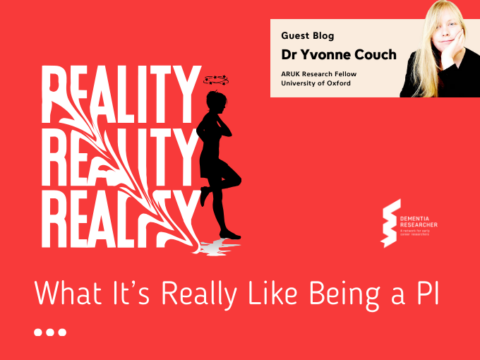Did you know that the academic publication industry is more profitable than the music and film industry? We’re talking tens of billions of dollars. It’ s not a surprise when you consider that U.K. universities are estimated to spend hundreds of millions each year on publication fees. And that’s per university…
As a researcher I am no stranger to peer review. I have both published and reviewed papers in academic journals. Recently I have been asking myself a question. Every time I review a journal, I do so for free and without questioning it. Why? It takes around an hour per page to thoroughly review a paper. We can be talking as much as a full day’s work. If we are paying journals thousands of pounds to publish them, why are we doing their editing process for free?
This is not a revolutionary question either. I am seeing increasing numbers of people on LinkedIn asking this question. Time is money and in times like this, it is harder to justify giving time to a journal for no remuneration. Especially when the internet allows you to sell your time and expertise elsewhere. A quick Google search will return a plethora of options for you to monetise yourself so why would you give a journal your time for zero remuneration.
Generally, when I ask academics this question, the response is either “it’s just part of the job” or “it’s good for your CV”. But should it be part of the job? And on the CV point… I have had a lot of interviews as part of my academic career. At no point have I been asked “what journals have you reviewed for?” It’s not of interest to them, especially since anyone can lie and say they have reviewed for whatever journal they want. It adds no value to the interview. So once again, should we be giving journals so much time for free?
It certainly seems like the balance of labour is off. Reviewers do so much of the leg work but see none of the money that is made via subscriptions and publishing fees. As a reviewer you must read the paper in microscopic detail in order to gain a really strong idea of what the authors are trying to convey. You need to consider more than just if the data looks good. It needs to tell a story that is of interest to the readers of that journal. That means reading and digesting the introduction and discussion to see if there is a strong enough narrative here and if the data backs it up. You need to consider every sentence and think “is this clear? Could it be written better?” You must ensure the data is tight, interesting and not suspicious in any way. Then you have to consider everything as a whole.
Once you have done that you need to write up all your comments to the authors. Depending on the quality of the article this could be quite a large write up from your end. You need to clearly detail your opinions on the paper and recommend any changes (major or minor) with a concise backing as to why you think they are needed. Finally, your ultimate verdict of reject or revise needs to be justified. This is not a quick job and sadly we are seeing a trend of more and more academics trying to treat it as one.
This is not unsurprising. How can you expect a reviewer to do a good job if they have to squeeze the job in to an already busy schedule with no reward? Speak to any academic, they will tell you that their calendars have got busier and busier over the years. Somewhere something has to give. You cannot give everything your best efforts if you do not have the capacity to do so and I suspect peer review suffers a lot here. I have had some lousy reviewers on my papers. People who clearly have not taken the time to read it properly. How can I be mad at them if there is no incentive for them? If you want good reviewers… pay for it.
So how do we change something that is so entrenched in academic culture? This is the big question. Every academic wants to publish papers ergo every academic is reliant on reviewers. We have normalised doing this for free so many will be inclined to carry on ensuring this process keeps moving. If we don’t review for free, nobody can publish and so science doesn’t move forwards. Journals know this and exploit it.
But what would happen if we all stopped? If we all said, ‘yes I will review this for a fee of X’. Initially journals would say no and look elsewhere but the power really is with us. Without our science journals have absolutely nothing to publish. If enough of us say ‘I will not do this for free’ they will HAVE to change. We’re not asking for a discount from a small struggling business, we are asking for OUR cut of a multibillion-dollar industry that we are currently working in for free.
My go to response is to journals is to essentially say ‘thank you for the invite, unfortunately my time is limited and I cannot allocate any more time to external activities without remuneration’. Things need to change. Your time is worth so much more than nothing.

Dr Sam Moxon
Author
Dr Sam Moxon is a Researcher at the University of Birmingham. His expertise falls on the interface between biology and engineering. His PhD focussed on regenerative medicine and he now works on trying to develop 3D bioprinting techniques with human stem cells, so that we better understand and treat degenerative diseases. Outside of the lab he hikes through the Lake District and is an expert on all things Disney.

 Print This Post
Print This Post




